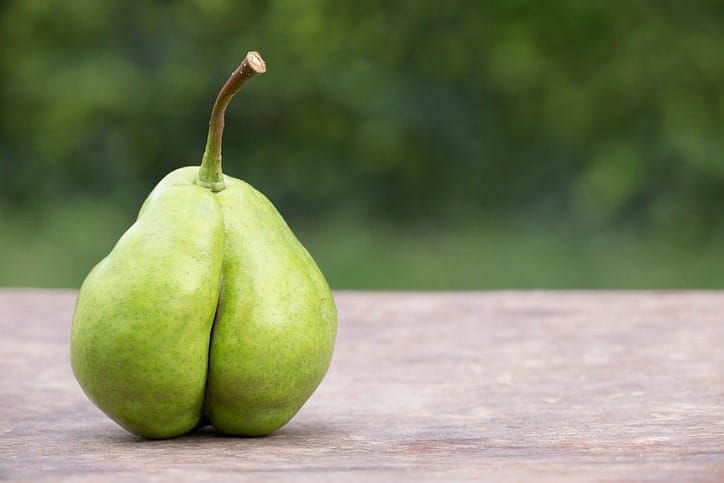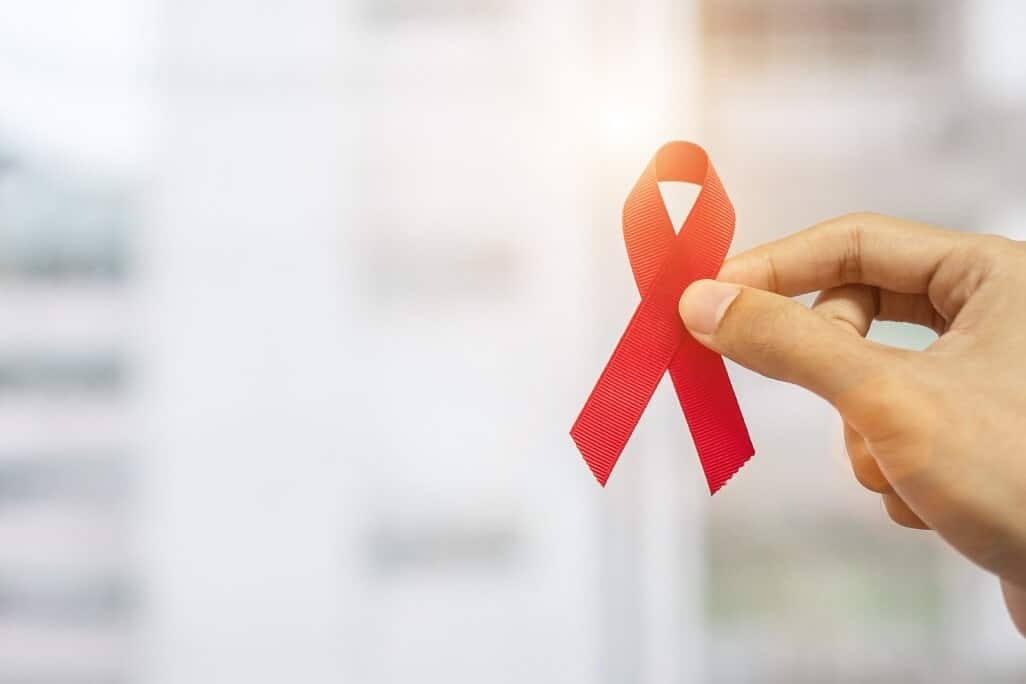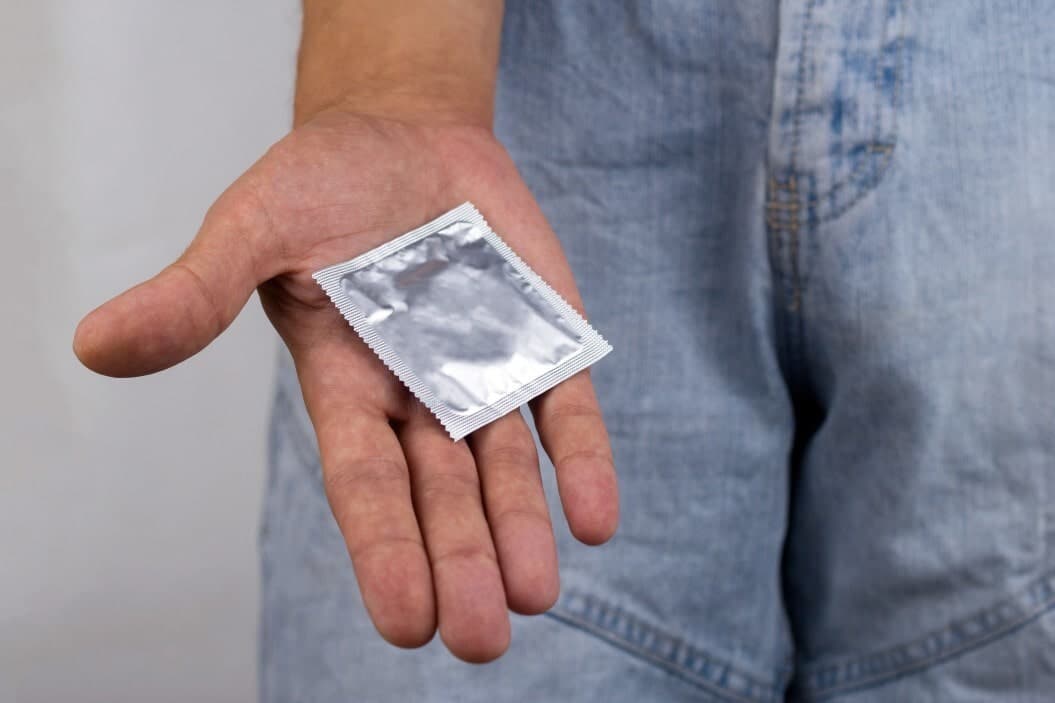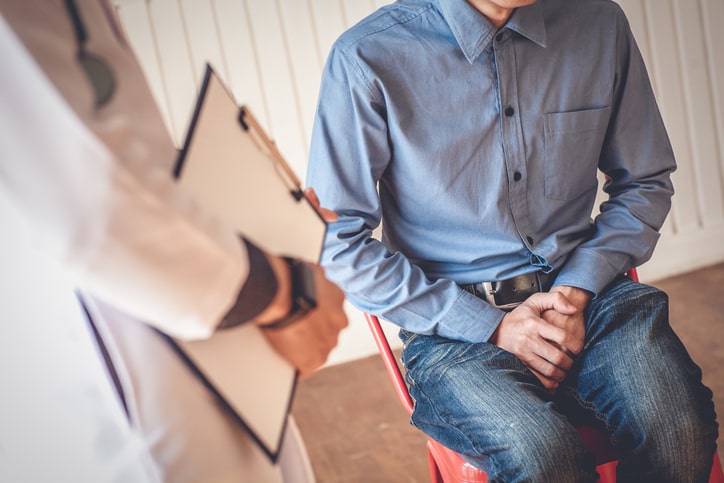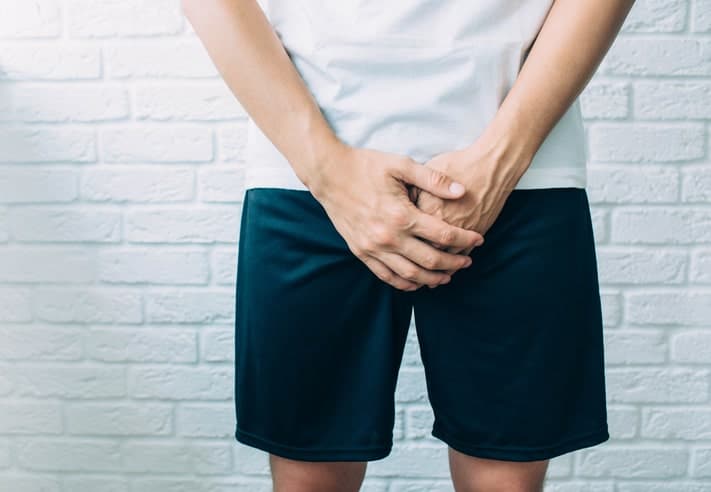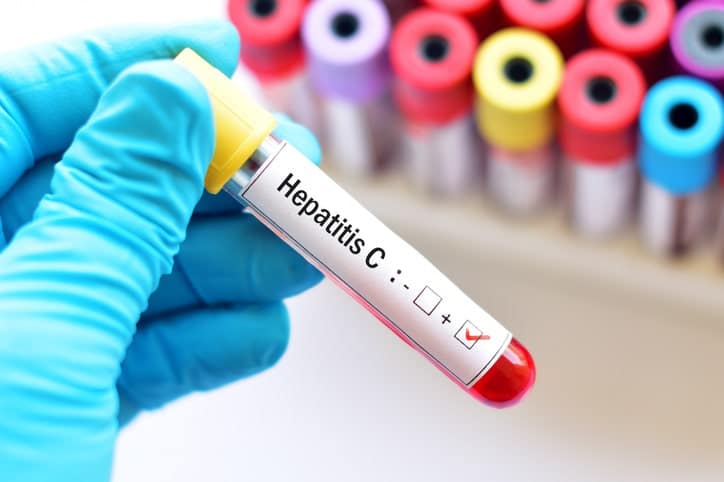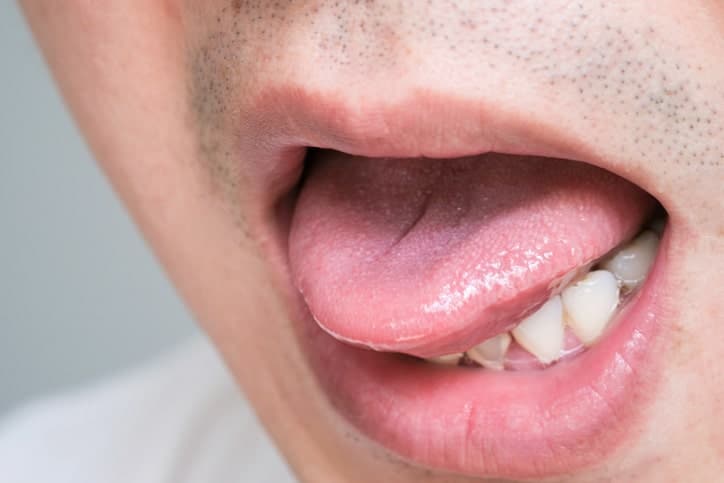Apart from preventing STDs, protection during intercourse can reduce your risks of anal cancer too.
Anal cancer is a somewhat less common type of cancer that, as its name suggests, occurs in the anal region. Your anal is a short tube at the furthest part of your rectum through which stool exits your body. At first, anal cancer usually resembles hemorrhoids, which are swollen veins in the lower part of your rectum and anus.
It is highly recommended that anybody who notices changes in their anal region should act first and see a healthcare provider.
What are the risk factors of getting anal cancer if you have a male partner?
Studies show that homosexuals, as well as their bisexual counterparts, are at significant risk for developing anal cancer. It is important to note that a risk factor is simply anything that raises your chances of contracting a particular disease or infection.
Anal cancer is rare before 35 years, and the average age of diagnosis is around 60. Nearly 1 in every 500 individuals will develop anal cancer in their lifetime. Clearly, the prevalence rate of anal cancer is quite low.
The risk factors for anal cancer among gay men include:
Human papillomavirus
There is growing evidence that some types of HPV enhance the risk of various cancers, particularly anal cancer. There are numerous types of HPV; most are usually harmless, some trigger genital warts, whereas others cause cancers.
Among the types of HPV, type 16 is the most common in canal cancer. In fact, HPV infection is usually found in nearly 90% of anal cancer patients. Infection with HPV is usually very common and, in most instances, a healthy person's immune system will naturally clear the infection on its own. However, in rare cases, the infection fails to go away and can eventually cause some types of cancers, including anal cancer.
Sexual behavior
In both genders and regardless of sexual orientation, some sexual activities exacerbate your risk for anal cancer. These activities may include having receptive anal intercourse as well as having multiple sexual partners. In fact, studies show that there are increased rates of anal cancer among men who have receptive anal intercourse compared to the overall male population.
Having a compromised immune system
Research also suggests that individuals with weakened immune systems seem to have relatively higher incidence rates of anal cancer. Of course, this includes those already suffering from human immunodeficiency virus (HIV) infection as well as those who have undergone an organ transplant and must therefore take certain medication to suppress their immune system. While the link between a compromised immune system and anal cancer is not overly clear, it is believed that a weakened immune system usually finds it quite tough to get rid of HPV infection, which can ultimately lead to anal cancer.
Tobacco smoking
Several studies have revealed that tobacco enhances a person's chances of suffering from anal cancer. Tobacco smokers are multiple times more likely to get anal cancer compared to their non-smoking counterparts.
Anal warts
Those who have had anal warts are increasingly likely to contract anal cancer. This is mainly because people infected with HPV subtypes that cause genital and anal warts are equally more likely to get infected with HPV subtypes that can potentially cause anal cancer.
Age
Most cases of anal cancer happen in individuals who are aged 50 and above.

What are the symptoms of anal cancer?
Nearly 25% of anal cancer patients usually never notice any visible symptoms. However, when they do present, these symptoms may include:
- A feeling that you regularly need to have a bowel movement.
- Bleeding from either rectum or anus, particularly during your bowel movements.
- A change in bowel movements, involving either the consistency or frequency of your stools.
- Having pain or a lump in the area.
- Anal itching.
- Leaking stool.
- Narrow stools.
It is important to note that some of these symptoms can also be due to anal warts, hemorrhoids, or even anal tearing, or other types of cancers. So, always consult your doctor to observe your symptoms to rule out anal cancer. As with most types of cancers, the successful treatment of anal cancer largely depends on how far it has reached. Anal cancers in the early stage can be successfully treated through a surgical treatment known as local excision. Advanced cases of anal cancer will require more advanced treatments, including radiation therapy and chemotherapy.
So, is anal cancer preventable?
Bearing in mind that there is no single proven cause of anal cancer, it is not possible to entirely prevent this disease. Regardless, there are a few things you can do as an individual to help lower your risk of developing this disease.
- Make sure you use a condom every time during sex. When used appropriately, condoms may provide adequate protection against both HIV and HPV.
- Quit smoking. Smoking increases your risk of many cancers, including anal cancer.
- Get vaccinated against HPV.
- Get anal pap smears regularly.
References
- Chin-Hong, P. V., Vittinghoff, E., Cranston, R. D., Browne, L., Buchbinder, S., Colfax, G., Da Costa, M., Darragh, T., Benet, D. J., Judson, F., Koblin, B., Mayer, K. H., & Palefsky, J. M. (2005). Age-related prevalence of anal cancer precursors in homosexual men: the EXPLORE study. Journal of the National Cancer Institute, 97(12), 896–905. https://doi.org/10.1093/jnci/dji163
- Ranjit, S., & Kumar, S. (2018). Recent advances in cancer outcomes in HIV-positive smokers. F1000Research, 7, F1000 Faculty Rev-718. https://doi.org/10.12688/f1000research.12068.1
This article was written and medically reviewed by Dr Ben, M.D on 12/10/21

